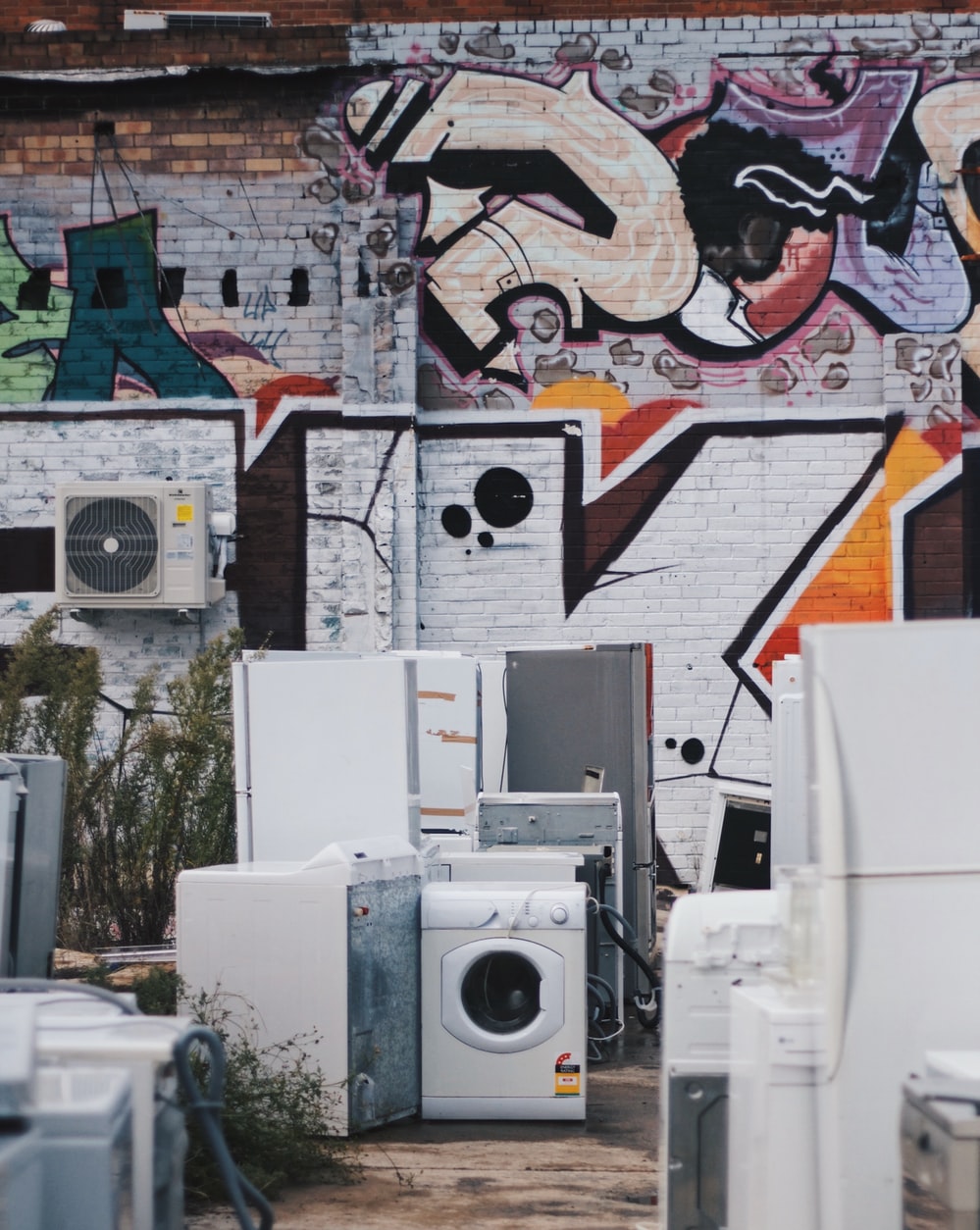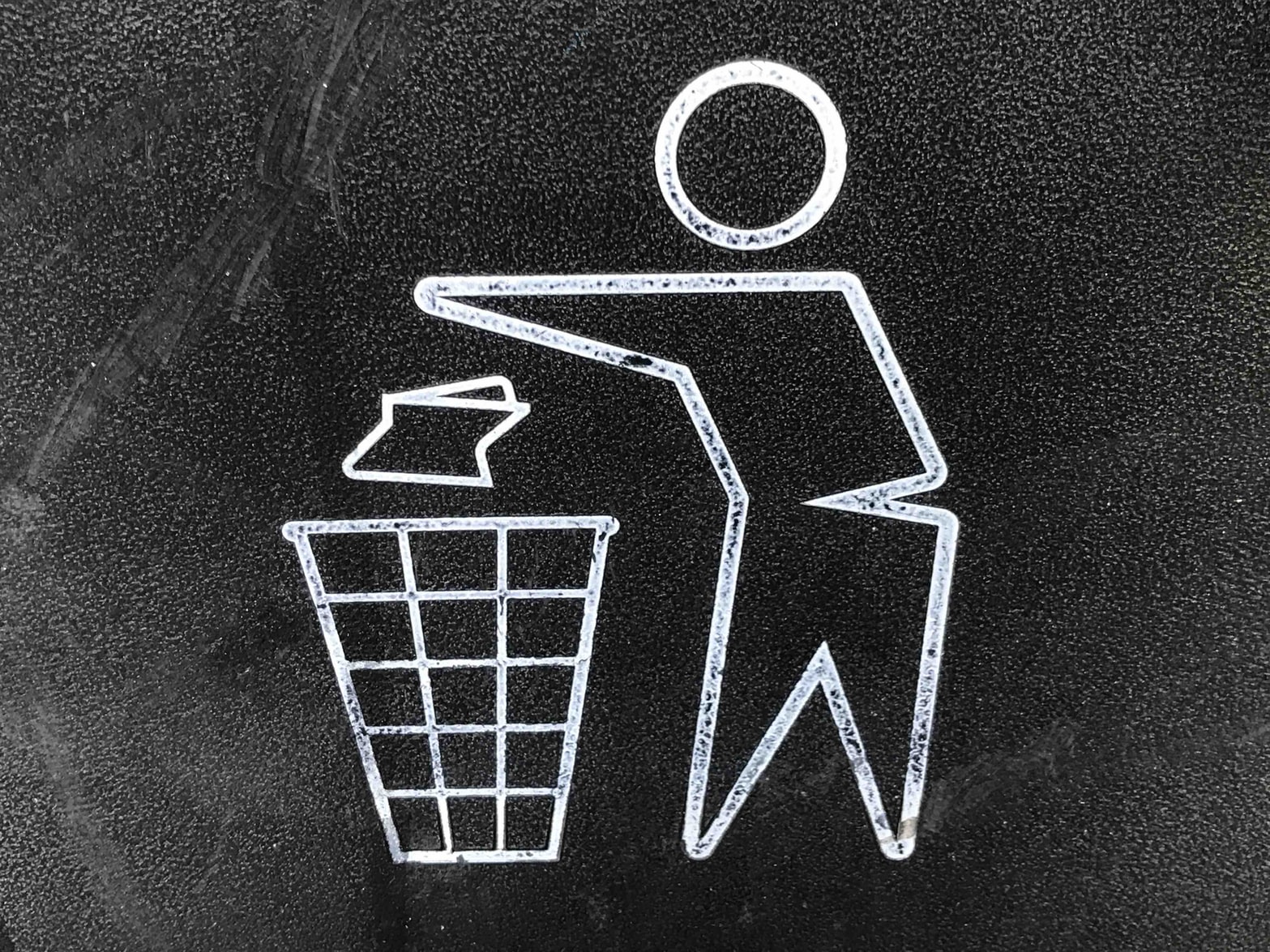How to Dispose of Small Kitchen Appliances
Whether your fridge has gone off or you’re looking to get a new kitchen altogether, getting rid of old appliances should be your first concern.
Kitchen appliances are big and bulky, not to mention made of materials that sometimes make their removal difficult or expensive.
If you don’t know your options, check out our professional tips to help you dispose of small kitchen appliances.

How to Dispose of Small Kitchen Appliances
Whether your fridge has gone off or you’re looking to get a new kitchen altogether, getting rid of old appliances should be your first concern.
Kitchen appliances are big and bulky, not to mention made of materials that sometimes make their removal difficult or expensive.
If you don’t know your options, check out our professional tips to help you dispose of small kitchen appliances.

How to prepare:
- Unplug the unit a few days in advance. Appliances like fridge freezers need time to defrost and washers need time to dry.
- Remove any non-metal components, be it shelves, handles or containers. You should recycle glass and plastic parts separately.
- Tuck the power cord and any other wires involved in a neat and tidy manner. To carry and move a TV, American fridge freezer, stove, or washer could end terribly if cables hanging cause you to trip.
- Secure hazard or toxic components. Refrigerators pose a risk of CFCs and HCFCs pollution.
- Get in touch with local authorities that run or can assist with recycling programs.
- Scout for nearby salvage yards. One might even buy small kitchen appliances for scrap.
- Look into alternatives to disposal. These might be donation or sale for the sake of parts.
Let’s take a look at things in details,
Consider rubbish removal professionals
Hiring a private rubbish management company like Rubbish Please is an easy way to get rid of appliances and other bulky waste from around the house.
All you need to do is provide a description or picture of the appliance you need removed and based on the size and weight, they’ll calculate the approximate estimate.
A professional company provides a wide range of services which makes the best option for house cleanouts or remodels, as well as removing garden junk or cleaning construction waste.
The final rate is given on the site, and if you agree, they’ll take the item off your hands. They are usually organised in such a way that the removal team can assist you on weekends and during evening hours.
Dump them yourself
If your timeline is limited so you can’t wait around from someone to remove your old appliances, take matters into your own hands and dump them yourself.
Most landfills or transfer stations allow individual dumps for a fee. Keep in mind that refrigerators and other cooling units will need to have refrigerants drained prior to dumping, and most facilities will handle this step for you.
Also, make sure your appliances are properly strapped to a trailer or pickup bed before you haul them away. Like the dumpster disposal, this option is great if you want to dispose of appliances at your own pace.
On the downside, you can only get rid of one or two items at a time, and the local landfill or scrap yard might be far away, which makes multiple trips time-consuming.
Stay safe at all times
Electrical appliances are the cause of serious injuries, fatalities, and fires in homes, and detecting a possible electrical issue on time has never been more important. Kitchen appliances that use both electricity and water are especially dangerous – According to the Australian Institute of Health and Welfare, about 73% of reported electrocution cases occur at home. If your main reason for disposal is a malfunction or unusual operation, make sure to have your electrician in Sydney inspect both the appliances and the outlets.
Repairing and installing kitchen appliances is a part of the core service offering of many electricians who specialise in residential work. In addition to checking whether your appliance is safe to be operated and removed, the electrician can test all the GFCI receptacles in your kitchen that can greatly reduce the risk of shock when plugging in small kitchen appliances.
Sell, donate, reuse
If your small appliances are still working, consider donating them to a thrift store, selling them online to adding them to your garage sale pile. Many people are looking for good deals on small appliances and are more than happy to buy quality secondhand. This is especially true for higher-end espresso machines or stand mixers.
Depending on the appliance type, you may also donate it to a charity. Cooking programs for youth might be interested in items like ice breakers, mixers, blenders, and food processors, while homeless shelters might be interested in kettles, toasters, and coffee makers.
In some communities, there are repair-to-reuse programs that help people fix small kitchen appliances. Reusing these is also the greenest option of them all since it saves you from having to buy a new appliance but saves your old appliance from waiting for the next millennium on a landfill.
Contact your municipal pickup
Sometimes the easiest thing to with an old appliance is to leave it at the curb, so make sure your city provides collection and recycling services for large appliances disposed of this way. You’ll probably have to schedule your appliance removal ahead of time and pay a small fee on top of your usual garbage bill. However, since this option isn’t available everywhere, make sure you contact your municipal waste collection company for additional information on what to do with unwanted appliances.
In the UK, for example, one centralized government-run website redirects users to sites of individual municipalities, with details and maps where bulky waste is collected. This might be by far the simplest and the lowest-cost disposal option, perfect if you have one or two items to remove. However, curb pickups might be limited to certain days or times and in some municipalities, you still have to drop off your appliance to a designated pickup location.
Broken or outdated kitchen appliances can be difficult to dispose of safely. Their components may contain hazardous materials or liquids, so many localities have strict guidelines for their disposal. Do your maths and choose the best way to get rid of your unwanted appliances.
